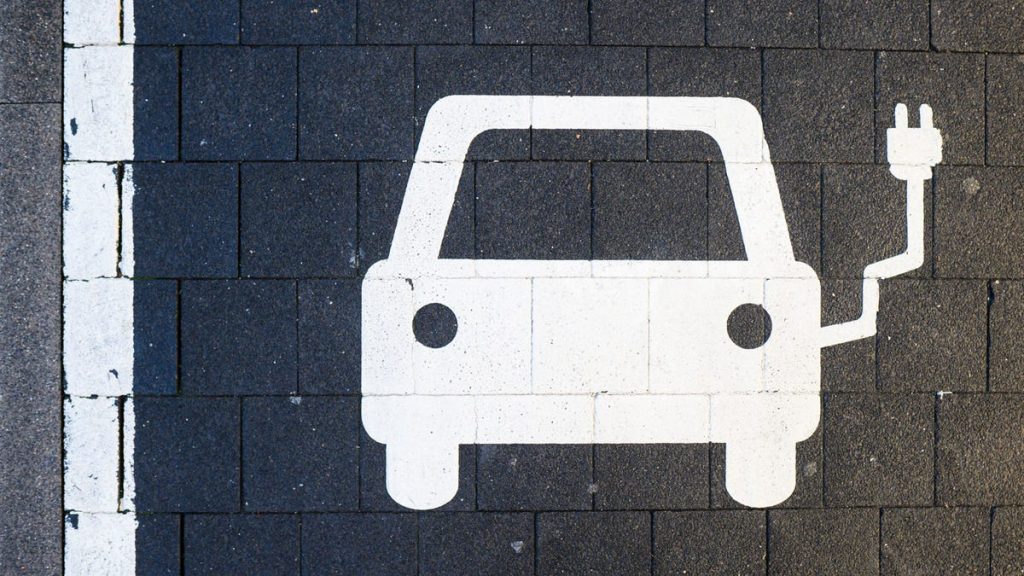Scientist Might Have Cracked 10-Minute Electric Car Charging

Is the 10-minute car charge coming soon? Photo: Julian Stratenschulte/picture alliance (Getty Images)
Ask pretty much anyone why they aren’t considering buying an electric car in the year of our lord 2022, and they’ll probably tell you it’s because of the charging times. Sure, top EVs from the likes of Lucid and Ford can cover more than 200 miles per charge, which is comparable with the amount of miles you’ll get between refills of your gas-powered motor.
But, when the time comes to stop and top up, a refill in a regular car takes five minutes, where an EV recharge can take much, much longer.
Take Ford’s Mustang mach-E, for example. At a dedicated, DC fast-charging station, Ford says it will take 45 minutes to go from 10 percent charge up to 80. If you’re charging at a 240v outlet at home, a full recharge is more likely to exceed 14 hours on the fast Ford.
Things move up a notch if you’re a Tesla owner and have access to its supercharger network. Then, the company says you’ll be able to add an extra 200 miles of range with a 15-minute recharge.
A Tesla Supercharger adds up to 200 miles of range in 15 minutes. Photo: Tom Williams/CQ-Roll Call, Inc (Getty Images)
G/O Media may get a commission
Up to 49% off
Samsung Early Black Friday
Black Friday came early!
Samsung is running huge deals on home appliances and vacuums. The sale includes some Bespoke appliances, Samsung’s signature smart appliance series. ‘Tis the season for big purchases—and with sales up to 49% off, you’ll be glad you did.
But now, Time reports that a group of American scientists have gone one better with a new battery construction that can charge from flat to 70 percent in roughly ten minutes. According to Time:
“Researchers at Penn State University published a study in Nature revealing they have developed an EV battery that, crucially, can charge up to about 70% capacity in roughly 10 minutes.
“The technology can work for any size of battery, but perhaps the biggest benefit is that it will enable automakers to sell EVs with smaller batteries without triggering consumers’ range anxiety.”
The new tech is all about regulating the temperature inside a battery while it charges. If the temperature drops, the rate of recharge is much lower.
Long charging times could soon be a thing of the past.Photo: Matt Cardy (Getty Images)
To get around this problem, the team led by professor Chao-Yang Wang experimented by placing thin sheets of nickel foil inside the cells. The nickel helps maintain an interior temperature of 176 Fahrenheit to help “them to absorb electricity more efficiently – without, of course, overheating the battery and creating a fire risk.”
The faster-charging batteries have been in development since 2017 and now that the research behind their creation has been published, the team hope to put them into production soon.
If the technology proves viable for the automotive space, it would mean that smaller, lighter EVs could go into production requiring fewer raw materials to build their batteries. This could lower their cost and impact on the environment.



